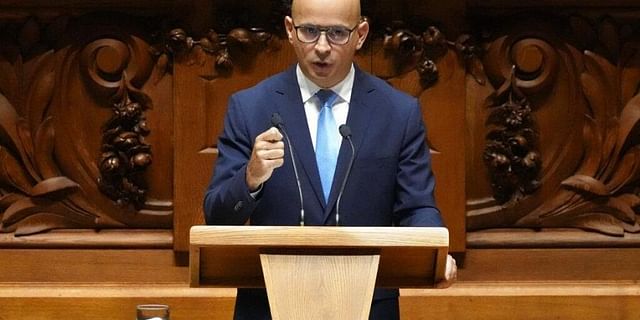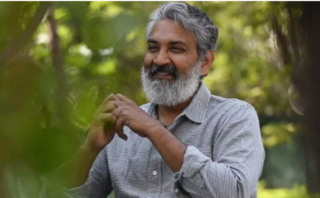 LISBON: Portugal’s parliament was poised to reject on Wednesday the minority Socialist government’s proposed state budget for 2022, a move that would likely trigger a snap election and put a brake on the country’s post-pandemic recovery plans.
LISBON: Portugal’s parliament was poised to reject on Wednesday the minority Socialist government’s proposed state budget for 2022, a move that would likely trigger a snap election and put a brake on the country’s post-pandemic recovery plans.
The moderate Socialists were deserted by their hard-left allies from the Communist Party and the Left Bloc who have helped shore up the government’s power over the past six years by voting for its policies or abstaining.
Prime Minister António Costa said he wouldn’t quit even if he was defeated.
“The government’s duty, my duty, is not to walk away when things become difficult,” Costa told lawmakers.
“We have to face up to difficulties.”
Portuguese President Marcelo Rebelo de Sousa, who has no executive powers but oversees the running of the country, has warned he would call an early election if parliament does not approve next year’s government spending plan.
A vote on the budget was expected Wednesday evening.
Barring an eleventh-hour deal, the government’s proposal appeared doomed.
Due to constitutional requirements that must be met before an election can be held, and taking into account the Christmas vacation period, early polls would probably take place only in January.
That means a new 2022 spending program probably wouldn’t go before parliament before April.
The timetable effectively consigns Portugal to months of political limbo just when the government was poised to fire up the economy after the COVID-19 pandemic by deploying some 45 billion euros (USD 52 billion) in aid funds from the European Union.
A popular mass vaccination campaign has helped Portugal, for the moment, largely contain COVID-19.
The way things stand, with fewer than 1,000 new cases a day since mid-September and daily deaths in single figures, the pandemic shouldn’t hold up an election in the country of 10.3 million people.
The Socialist Party currently holds 108 seats in Portugal’s 230-seat parliament.
Recent opinion polls suggest it would easily win the next election but would again fall short of a parliamentary majority.
Costa, the prime minister whose political profile in the EU rose considerably during Portugal’s presidency of the bloc last year, is widely considered a candidate for an international job.
A poor election result could be his cue to depart national office.
Both the Communist Party and Left Bloc lost votes in Portugal’s 2019 election, with their decline in popularity blamed in part on their support for the more moderate Socialists.
The center-right Social Democratic Party, the main opposition, is caught up in a leadership battle and has largely failed to capitalise on the government’s predicament.
The Socialists’ differences with their hard-left allies piled up this year.
Key disagreements included the size of a minimum salary increase, new rules on workers’ rights in the gig economy and working from home, income tax increases, public health spending and pension entitlements.
(AP) RUP 10271750 NNNN

























